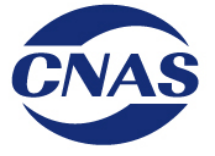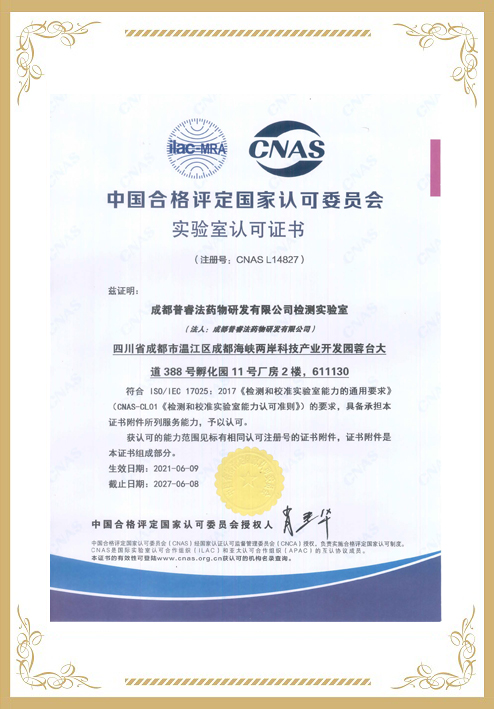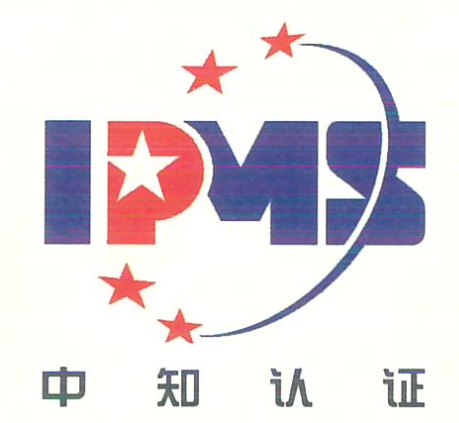Abstract
This study investigated antibacterial activity of the propolis extract of Thai stingless bee Tetragonula pagdeni (Schwarz) against Staphylococcus aureus and formulated a topical antibacterial cream. The stingless bee propolis was collected from mangosteen orchards. The propolis sample was extracted using ethanol as a solvent and partitioned with methanol and hexane. The extraction method provided a yield of 14.15% (w/w). The alpha-mangostin content in the propolis extract was 13.40±0.03% as determined by high performance liquid chromatography. Antibacterial susceptibility was determined by disc diffusion method. The propolis extract showed inhibition zone against S. aureus. The MIC and the MBC values of the propolis extract were examined by broth microdilution method and were found to be 3.06 and 6.12 µg/ml, respectively. The propolis cream formulation containing 5% propolis extract was developed. The propolis cream formulation was yellow with good texture and good spreadability with pseudoplastic and thixotropic properties. The 4-fold dilution of propolis cream formulation with culture media showed bactericidal activity against S. aureus. This study shows that propolis extract of Tetragonula pagdeni (Schwarz) is a promising candidate for the development of topical antibacterial dosage forms.
Keywords: stingless bees, propolis, antibacterial, Staphylococcus aureus, cream
… grade. Formic acid was from QRec, New Zealand and methanol (HPLC grade) was
from VWR chemicals, France. α-Mangostin (>98% purity) was purchased from
Chengdu Biopurify Phytochemicals Ltd., Sichuan, China. Tryptic …























